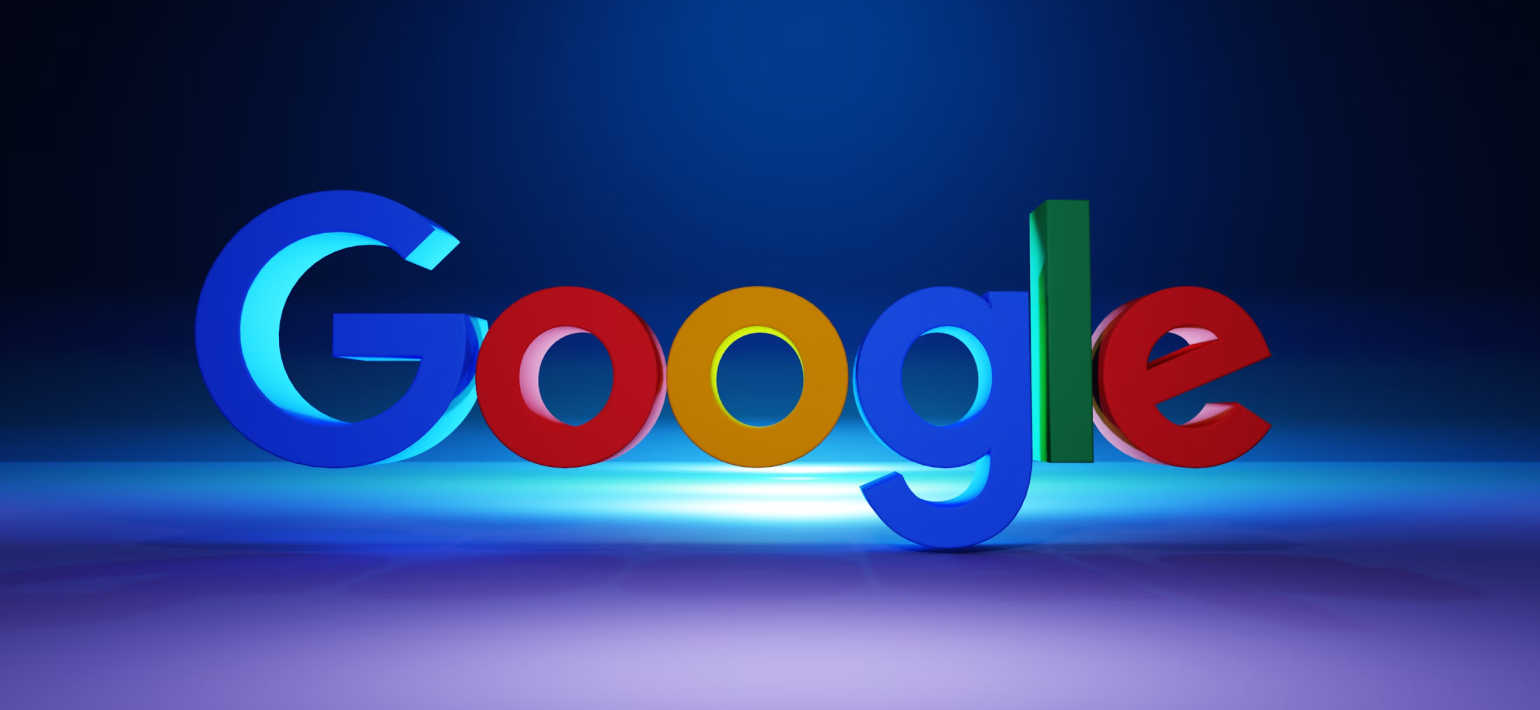Optimisation Score: Should You Be Applying Google's Recommendations?


It looks like Optimisation score is going to matter much more in 2020. Optimisation scores are an estimate of how well an account is predicted to perform on a scale of 0% to 100%. The score is calculated based on real time statistics, the status and settings of an account and its campaigns, and the relevant impact of available recommendations. Optimisation scores can be improved by implementing the recommendations Google makes for your account. Recommendations can allow opportunities to be identified and tested. As discussed in this post however, it is important to evaluate the impact recommendations will have on the account before implementation.
With optimisation score coming to display campaigns last December, moving to a more prominent spot on the main campaigns page on the Google Ads interface in January and being featured on the opening screen on the Google Ads app from March, it is clear that Google is putting optimisation score front and center in your account. Most impactfully, to keep Google Partner Status from June 2020 accounts must keep an optimisation score of above 70%.
An optimisation score of 100% can technically be achieved by dismissing irrelevant recommendations. As of June 2020 dismissed recommendations will not count towards the account optimisation Partner Status requirement. Only recommendations implemented count towards the optimisation score Google evaluates when it comes to keeping Partner Status. This means keeping Partner Status is reliant on implementing the recommendations Google suggests.
This puts into question if implementing these recommendations is always the right fit for your account. To answer this, we need to take a look at the different areas Google make recommendations on.
Repairs
These recommendations refer to aspects in an account which are incorrectly set up or need fixed. Examples of these include:
- Invalid final URL destinations
- Active ad groups with no active keywords
- Active ad groups with no eligible ads
These recommendations are arguably the most important ones Google makes. Fixing them allows the account to function as intended. They also draw attention to aspects of the account that need paused or removed. This makes it relatively easy to decide which approach to repair is right for your account.
Bidding & Budget
Things are less simple when it comes to bid and budget recommendations. Examples of these include:
- Changes to bidding strategy
- Increasing limited budgets
- Increasing keyword bids
The problem with these recommendations is that they all encourage an increase in media spend. This may not be possible within budget constraints. These recommendations are also often aimed at persuading advertisers to use automated strategies. This is something worth looking into, but to test with caution. Manual strategies may be better suited to meeting account performance goals at the expense of a lower optimisation score.
Some bid and budget recommendations are focused on getting quick wins rather than long term performance. For example, increasing keyword bids can increase click volume in the short term. Long term however this may cause a campaign to be limited by budget, dragging optimisation score back down. This could create another recommendation to increase campaign budget, driving a cycle of recommendations that may not be sustainable to keep up within budget constraints. Overall bid and budget recommendations are worth considering, but require some thought about if they are the right fit for an account.
Keywords And Targeting
Examples of recommendations in this category include:
- Use network features such as Display Network, YouTube and Search Partners
- Add or remove keywords
These recommendations are also worth considering, but should be used carefully. For example the recommendation to use partner sites ultimately encourages increasing spend. This may be appropriate to apply if an advertiser is looking to drive more traffic to their account without expanding targeting. The increase in spend however, may not be worth the increase in budget if this recommendation is applied, simply because it is easy to implement.
The add new keywords recommendation also needs to be reviewed before application. While Google may suggest some highly relevant keywords to add to your account, they also could suggest keywords which are not relevant to your product or service offering.
Ads And Extensions
Examples of recommendations from this category include:
- Create new ad formats
- Apply different ad extensions
- Create new ad copy
For example Google recommends testing new ad text. While Google doesn't generate new ad copy from scratch with words not already in your account, it does suggest new copy based on the keywords and existing copy already in your account. This recommendation has potential, however requires review before application, to ensure the recommended copy stays on brand and retains the intended meaning of the original copy.
How Will This Change Campaign Management?
Optimisation score recommendations can allow opportunities to be identified and tested within an account. Though many recommendations will be tested in the coming year, recommendations need to be reviewed to assess their potential impact on the account, in context of the goals of your account before application. With this in mind, and optimisation score becoming key to keeping partner status in June, it is likely some PPC advertisers will be testing more of Googles recommendations in the coming months. It will be important, however, to strike a balance between testing Google's recommendations and meeting account goals.









